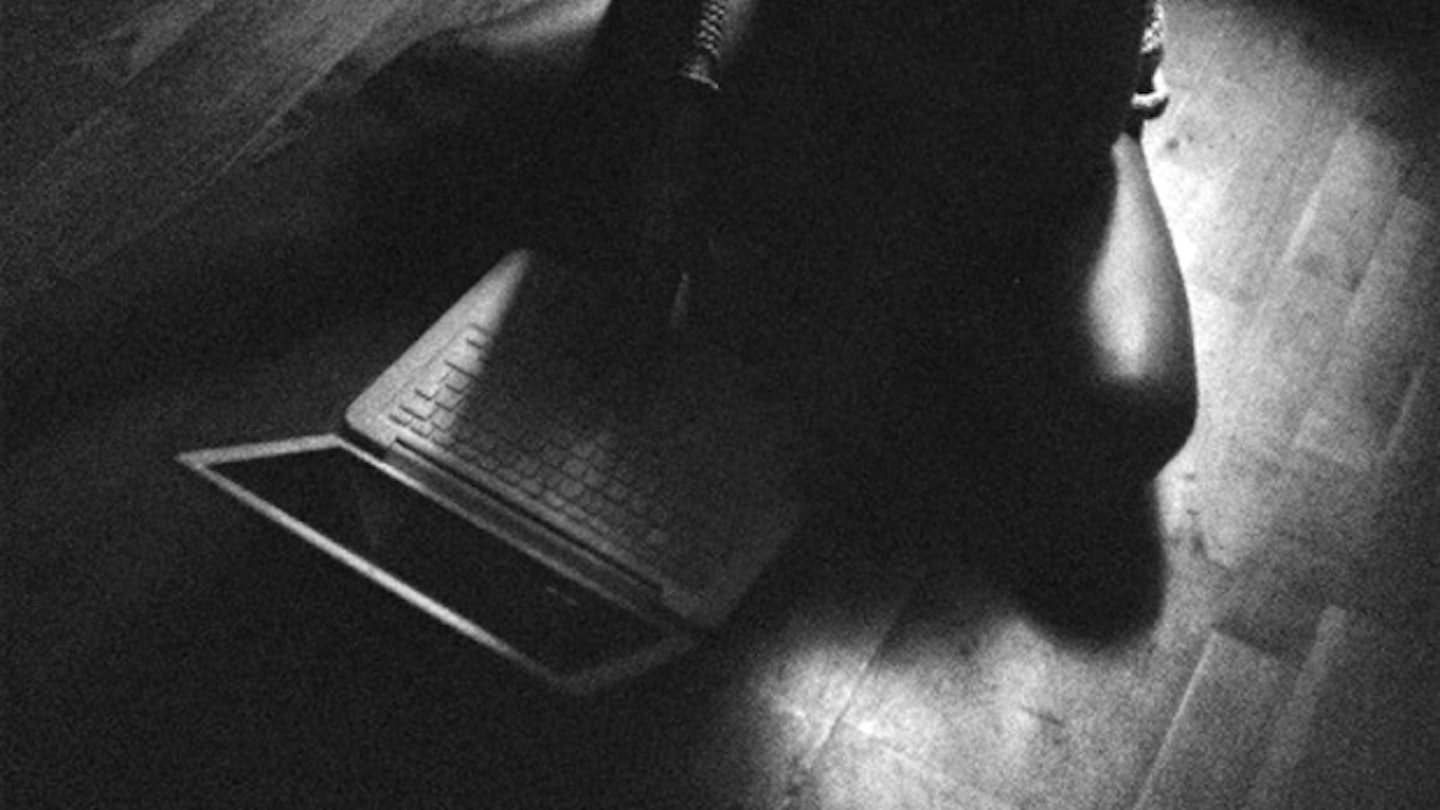When you type ‘internet addiction’ into Google Images, there are hundreds upon hundreds of images that are variations of the same theme – a isolated, ghostly pale man who is sat in the dark, their faces eerily illuminated by the light emitting from their computer screen. It’s telling that, when it comes to internet addiction, our assumption is that the vast majority of people suffering of male gamers, chat-room crawlers or porn addicts who stay awake all ours of the night to feed a desperate need to stay online.
But a new study of 14 and 15 year-olds has shown how out-dates that stereotype, because girls are now more likely than boys to be addicted to the internet. The poll, which was carried out by Tablets for Schools, asked 2,200 students about their online habits and found that almost half of year ten pupils feel like they’re addicted to the internet, with 46% of the girls admitting to feeling addicted compared to 36% of boys. More than four in ten of the girls said they used the internet compulsively for socialising. Apparently the peak age for internet addiction is in year 10, but the greatest general use of web-devices was in year 11. Aside from emails, the most popularly used sites were social networks like Snapchat, Facebook, Instagram and Twitter.
The fact that more and more young people are being compelled to stay online doesn’t come as much of a surprise to us – especially considering how glued we are to our own smartphones from the moment we wake up. But when does a ‘normal’ internet obsession actually turn into addiction? There are some researchers that maintain that internet addiction is not a real disorder, but Hilarie Clash who runs Seattle-based internet addiction recovery programme Restart maintains that there are clear indications when your internet use is becoming a problem.
‘All addictions have certain things in common,’ Hilarie explains to The Debrief. ‘They’re all about experiencing a release or a high from a certain activity, developing tolerance to that activity thus needing more and more to get that high, going into withdrawal when you stop doing that activity. Internet addiction is no different and whenever you feel compelled to do something obsessively, that might be an indication you are beginning to suffer from internet addiction. It can quickly accelerate – some of our severe clients might be suffering from chronic sleep deprivation and poor health through lack of exercise and proper food, but they also might be failing at school work and in their relationships they might be withdrawing from normal interaction with friends and family. We’ve had people binge for 40 hours at a time online and become psychotic because of sleep deprivation. Generally speaking, I’d say internet addiction is definitely on the rise as tech gets more ubiquitous, convenient, inexpensive and immersive. If you are experiencing any of the signs of internet addiction, it might be time to seek treatment.’
A reason not to take your iPhone to bed with you this weekend? Perish the thought.
Follow Sophie on Twitter @sophiecullinane
Picture: Ada Hamza
This article originally appeared on The Debrief.
